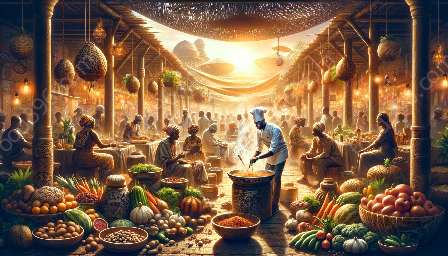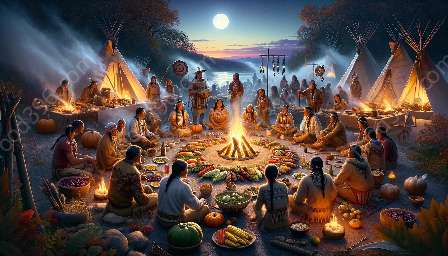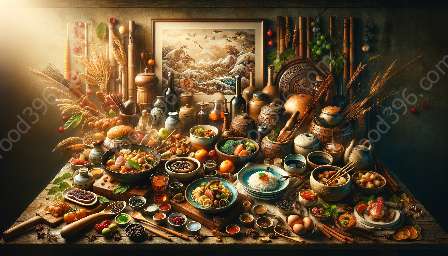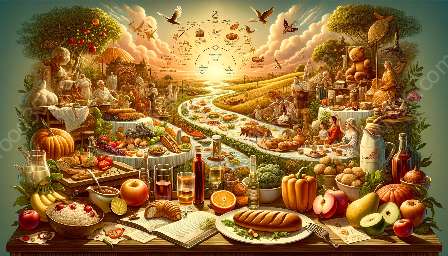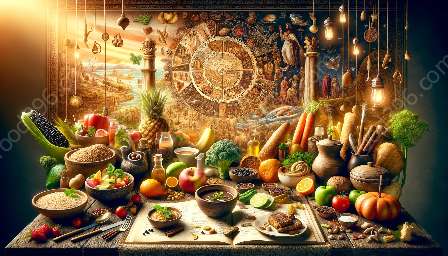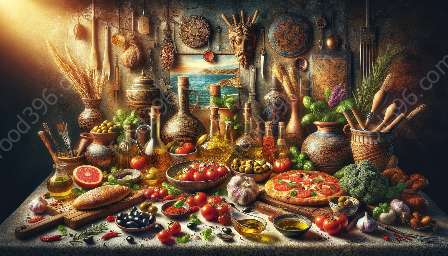Vegan cuisine history dates back to ancient civilizations, where plant-based diets were prevalent. Over the years, it has evolved and become a significant part of the food and drink culture, influencing culinary traditions across the globe.
Ancient Origins
The roots of vegan cuisine can be traced back to ancient civilizations such as India, where vegetarianism has been practiced for thousands of years. Early Indian texts, including the Rigveda, mention the concept of a meatless diet for spiritual and ethical reasons. The influence of Indian vegetarianism on vegan cuisine is profound, with a wide array of plant-based dishes and cooking techniques.
In ancient Greece, the philosopher Pythagoras promoted a diet that abstained from meat, advocating for the consumption of plant-based foods. His teachings laid the foundation for ethical and philosophical considerations in food choices, contributing to the development of vegan cuisine.
The Middle Ages and Renaissance
During the Middle Ages, religious practices, such as Lenten fasting in Christianity, led to the creation of inventive meatless dishes. Monasteries and convents played a crucial role in refining and popularizing plant-based recipes, contributing to the expansion of vegan cuisine.
The Renaissance period saw the emergence of influential vegetarian thinkers and writers, including Leonardo da Vinci and Michel de Montaigne, who advocated for plant-based diets. Their works inspired a greater awareness of the benefits of vegan cuisine and its impact on health and well-being.
Modern Era
The 20th century witnessed a significant resurgence of interest in vegan cuisine, driven by ethical, environmental, and health concerns. Pioneers such as Donald Watson, who coined the term 'vegan' in 1944, and Frances Moore Lappé, author of 'Diet for a Small Planet,' popularized the concept of plant-based diets as a sustainable and nutritious alternative.
The proliferation of vegan restaurants and the publication of influential cookbooks, such as 'The Joy of Cooking' by Irma Rombauer, contributed to the mainstream acceptance of vegan cuisine. Additionally, the advent of social media and the internet has played a pivotal role in promoting and sharing diverse vegan recipes and culinary experiences.
Culinary Influence
Vegan cuisine has transcended cultural boundaries and has become an integral part of diverse culinary traditions around the world. In countries like Thailand, where Buddhism has historically influenced dietary practices, plant-based cuisine thrives with a rich tapestry of flavors and ingredients.
In Japan, the concept of 'shojin ryori,' a plant-based cuisine rooted in Zen Buddhist traditions, showcases the artistry and mindfulness in vegan cooking. Similarly, Mediterranean cuisine, with its emphasis on fresh produce, olive oil, and legumes, offers a harmonious blend of flavors in vegan dishes.
The fusion of traditional and modern culinary techniques has led to the creation of innovative and delectable vegan recipes, appealing to a wide audience and challenging preconceived notions about plant-based cuisine.
Conclusion
Vegan cuisine history is a testament to the enduring legacy of plant-based diets and their profound impact on food and drink culture. From ancient origins to the modern era, the evolution of vegan cuisine reflects a dynamic interplay of ethical, environmental, and culinary influences, shaping the way we approach and appreciate the art of food.




